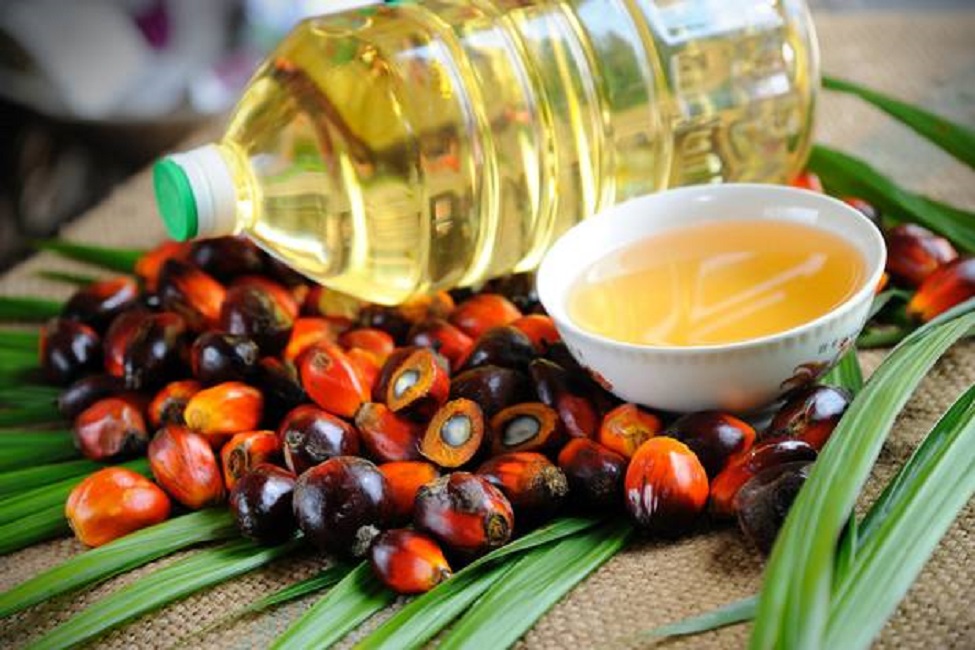The European Palm Oil Alliance (EPOA) in a statement has expressed its grave disappointment caused by the intention of the Sri Lankan government to ban palm oil.
Stating it was all for growing sustainable palm oil, the EPOA also countered claims on the dangers of palm oil cultivation which influenced the Government decision.
EPOA said a ban on palm oil would most probably increase costs of food for the consumers in Sri Lanka and might mean that much more plantation land would be needed for alternative edible oil production.
EPOA said oil palm was an extremely efficient crop, which made the oil widely available and relatively cheap. Palm oil and palm kernel oil together represent 40% of the global vegetable oil production. Palm oil has the highest yield compared to other oil crops per hectare of land.
One hectare of oil palm trees produce on average 3.8 tons of oil each year. Oil palm accounts for 7.4% of all the cultivated land for vegetable oils globally, but has the highest output, producing 39.6% of all oils and fats.
About 73 million tons of palm oil is produced annually. To obtain the same amount of alternative oils, such as soybean or coconut oil, between four and 10 times more land would be required, according to the World Wildlife Fund (WWF).
As for deforestation, this seems to develop in the right direction. The WWF and WRI observe that 2020 is the fourth straight year that palm oil deforestation has been trending down to historical levels.
Palm oil has been used in food preparation for over 5,000 years. Today, it is consumed worldwide as cooking oil, in margarine and shortening.
It is also used in fat blends and a vast array of food products. Palm oil is a healthy, affordable cooking oil and source of nutrition for millions of consumers in developing countries. It is also used in many household and personal care products.
Palm oil gives great livelihood opportunities for lots of farmers and also for the Sri Lankan farmers and workers while saving crucial foreign exchange for their country.
A ban on palm oil would most probably increase costs of food for the consumers in Sri Lanka and might mean that much more plantation land is needed for alternative edible oil production.

Leave your comments
Login to post a comment
Post comment as a guest